There are so many tools and libraries out there with which to do proper game development and it is insanely difficult to choose the right combination that best fits your needs.
I've certainly tried enough, but for the time being I think that I have finally found an interesting pair that is both fun and interesting.
The Odin programming language is an enhancement on C and is a general-purpose programming language with distinct typing built for high performance, modern systems and data-oriented programming.
Together with the Raylib vendor library, this seems to be the perfect tooling to learn on my road to advanced game development.
Tip: Video tutorials by Karl Zylinski


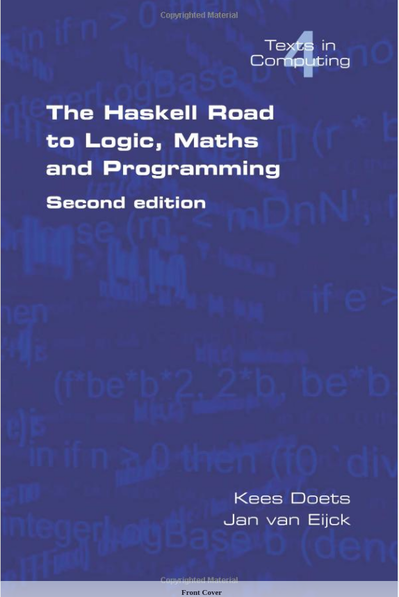
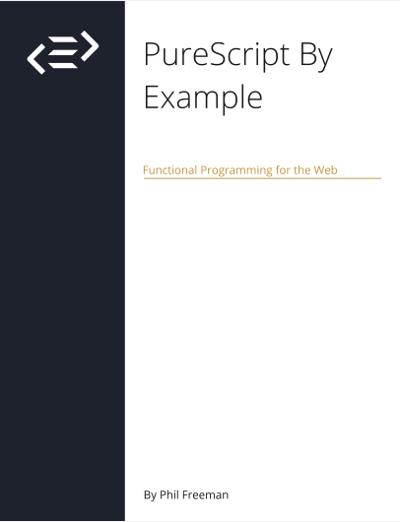
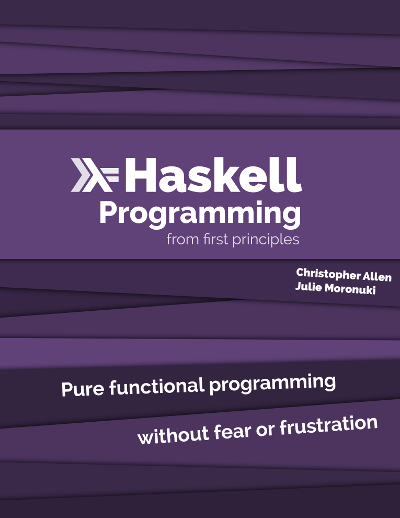
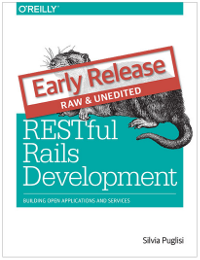
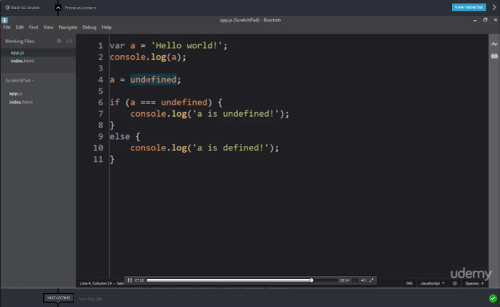
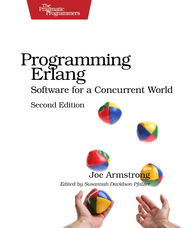
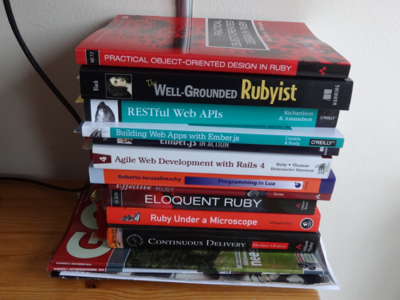

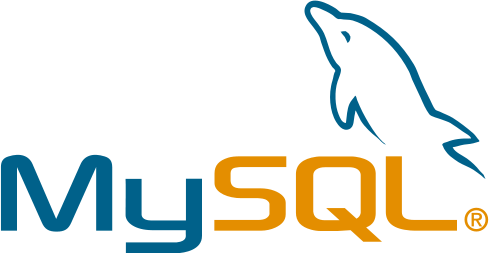


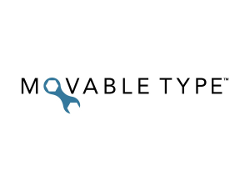

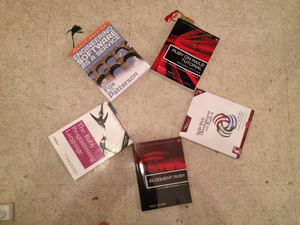











Recent Comments
- Charles
- jpmcfarlane
- Kiffin
- jpmcfarlane
- KathleenC